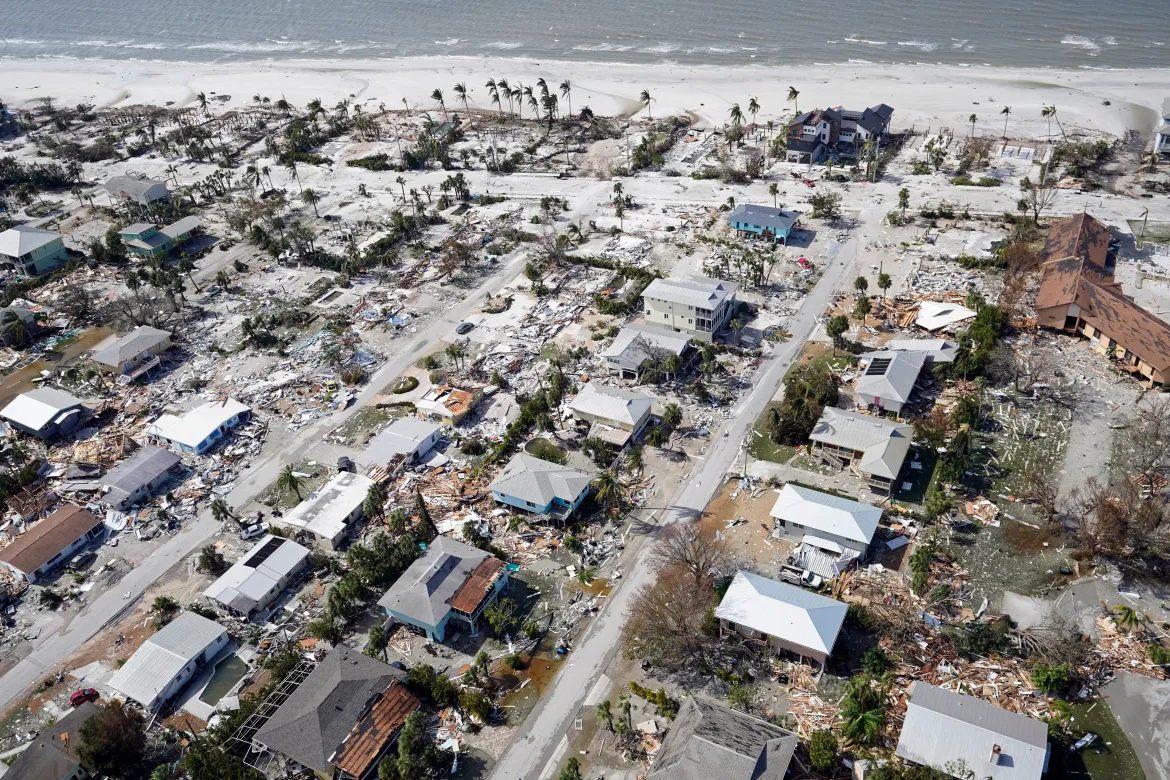Survivors of natural disasters in Florida may receive food stamps, even if they do not qualify for regular food assistance
The Disaster Supplemental Nutrition Assistance Program (D-SNAP) was specifically created to provide support to households affected by natural disasters, offering an assistance pathway different from the regular Supplemental Nutrition Assistance Program (SNAP). In Florida, this benefit aims to ensure that families who have suffered significant disaster-related losses can access food assistance.
The D-SNAP differs from SNAP in that families who, under normal circumstances, would not qualify for the latter may be eligible if they have faced unexpected costs related to the disaster. Qualifying expenses for D-SNAP include:
- Home or business repairs
- Temporary housing or relocation costs
- Medical or funeral expenses caused by the disaster
- Loss of income, whether from pay cuts, layoffs, or delayed payments
- Food loss due to power outages or flooding
For households already receiving SNAP, there is the possibility of accessing additional support if the disaster has directly affected them. If these households receive less than the maximum benefit corresponding to their family size, they will be granted a supplemental payment to raise their food assistance to the maximum allowed level. Additionally, they can request replacement for lost food purchased with SNAP benefits.
How to Apply for D-SNAP?
Households interested in accessing D-SNAP must be vigilant for official announcements when the program is activated in their state. Once approved, the state government will inform about eligibility requirements and the steps to follow to apply.
It is important that applicants live or work in a disaster-affected area and have suffered losses related to it to be considered eligible. If the application is approved, families will receive one month of food assistance equivalent to the maximum SNAP benefit based on their household size. These coupons can be used at participating grocery stores or approved online retailers, thus covering immediate food needs while families recover.
